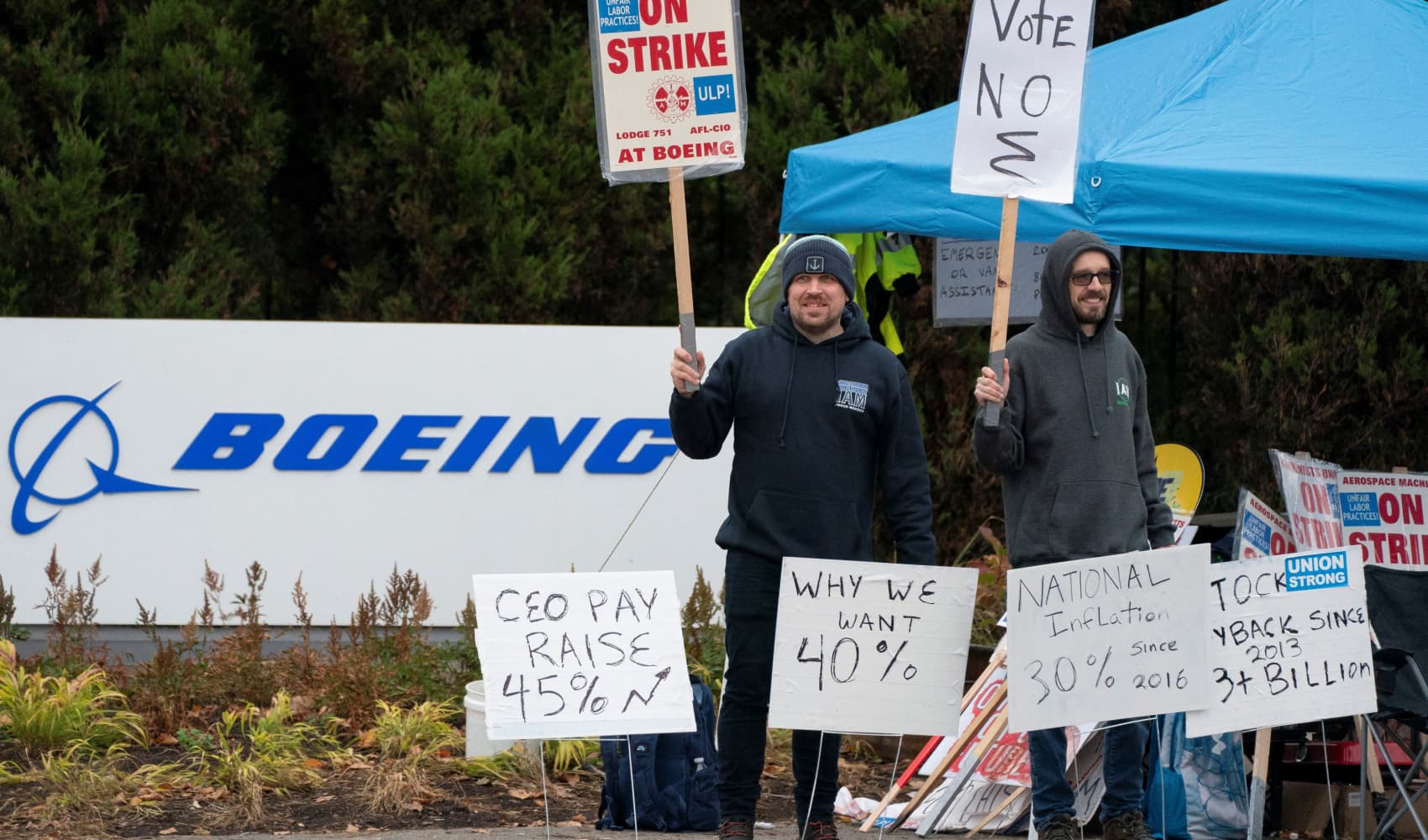
- SEC Chairman Gary Gensler said Tuesday that Wall Street's top regulator needs Congress to grant it more power to oversee the crypto market.
- Speaking about crypto at the Aspen Security Forum, Gensler said the SEC has "taken and will continue to take our authorities as far as they go."
- "We need additional congressional authorities to prevent transactions, products and platforms from falling between regulatory cracks," Gensler added.
- Gensler did not offer comment on the potential for approving a bitcoin ETF, a pending decision that many in the crypto market are anxiously awaiting.
Securities and Exchange Commission Chairman Gary Gensler said Tuesday that Wall Street's top regulator needs Congress to grant it additional powers for overseeing a vast and ever-evolving cryptocurrency market.
Speaking about crypto at the Aspen Security Forum, Gensler said the SEC has "taken and will continue to take our authorities as far as they go."
"Certain rules related to crypto assets are well settled. The test to determine whether a crypto asset is a security is clear," he said. "There are some gaps in this space, though: We need additional congressional authorities to prevent transactions, products and platforms from falling between regulatory cracks. We also need more resources to protect investors in this growing and volatile sector."
Gensler, who previously taught classes about blockchain and other financial technology at the Massachusetts Institute of Technology, has asked lawmakers to grant his agency the legal authority to oversee crypto exchanges.
He said many of the crypto coins were trading like assets and should fall under the purview of the SEC, which already has significant authority over digital assets.
Despite his deep knowledge of blockchain and cryptocurrencies, Gensler has made it clear that he intends to take a hands-on approach when it comes to new financial technologies. Capitol Hill has for months held hearings on how best to monitor the nascent market, now worth trillions, amid violent price swings and rapid growth.
Money Report
Sen. Elizabeth Warren, for example, last week wrote to Treasury Secretary Janet Yellen to urge her to bulk up oversight efforts.
Warren, a member of the Senate Banking Committee and a longtime critic of the nation's largest banks, pressed the Treasury secretary to use her powers on the Financial Stability Oversight Council to bring about a safer crypto market.
"FSOC must act quickly to use its statutory authority to address cryptocurrencies' risks and regulate the market to ensure the safety and stability of consumers and our financial system," the Massachusetts Democrat wrote in a letter to Yellen. "As the demand for cryptocurrencies continues to grow and these assets become more embedded in our financial system, consumers, the environment, and our financial system are under growing threats," she added.
Chief among regulators' concerns about crypto are its susceptibly to fraud and market manipulation.
The Federal Trade Commission reported earlier this year that consumers reported losing more than $80 million to crypto scams between October and March, with many of those losses stemming from underhanded scammers targeting small investors on social media, the FTC said.
"The American public is buying, selling, and lending crypto on these trading, lending, and DeFi [decentralized finance] platforms, and there are significant gaps in investor protection," Gensler said. "Make no mistake: To the extent that there are securities on these trading platforms, under our laws they have to register with the commission unless they meet an exemption. Make no mistake: If a lending platform is offering securities, it also falls into SEC jurisdiction."
Gensler on Tuesday did not offer comment on the potential for approving a bitcoin exchange-traded fund, a pending decision that many in the crypto market are anxiously awaiting.
Investors are closely following the status of an application by VanEck to list shares of its Bitcoin Trust on the Chicago Board of Exchange's BTZ Exchange. Regulators said in a letter dated June 16 that they would take additional time to seek comments from the public.
Bitcoin was last seen trading at $38,200, but has been volatile in recent months and in late July dipped below $30,000.
Republican SEC Commissioner Hester Peirce, known for advocating somewhat easier regulation of digital assets, told CNBC last month that she's frustrated with how slow the regulator has been to approve such an ETF.
Denying bitcoin ETF applications not only runs the risk of a double standard but also may leave thousands of investors with few, more-dangerous alternatives, Peirce said.
"The complications of not approving [an application] become stronger, because people are looking for other ways to do the same kinds of things that they would do with an exchange-traded product," she said. "They're looking at other types of products that aren't as easy to get in and out of, they're looking at companies, perhaps, that are somehow connected with bitcoin or crypto more broadly."






